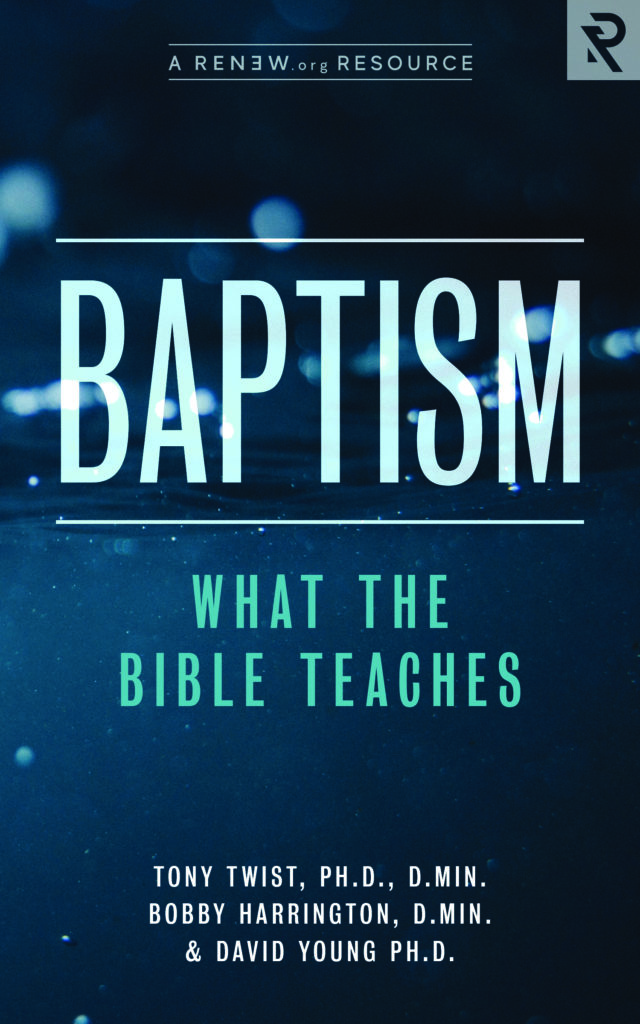
Good Leaders Don’t Rush God
King David was no stranger to seasons of waiting.
From his marathon-long coronation which included years of fleeing from King Saul to the years it took to finally establish a unified kingdom in Israel, much of David’s early life was lived waiting for the uncertainty of the world around him to settle. One could describe the first half of David’s life as a perpetual pining for the promised hope around the corner, but never knowing when that hope would arrive.
Now you and I both know this is not a fun place to live, and I can’t help but draw the parallel to what many pastors and church leaders might feel in this current season.
I can only share from my own experience, but the church I serve today resembles very little of what our leadership team envisioned when this year began. Last March, on the very Sunday we had planned to launch an additional service (which entailed months of prayerful planning, coordination, and volunteer recruitment to pull off), we instead closed our doors to in-person gatherings indefinitely. When we did finally open them again months later, we did so to a much smaller crowd.
Match this sudden momentum halt with the barrage of opinions, ideas, and criticisms about how to handle this new reality (not to mention how to handle the current polarization of our nation’s politics), and you’ll find a combination of factors leaving many church leaders feeling overwhelmed, frustrated, and completely drained with no clear end in sight.
This is where I find hope in David’s response to his times of waiting and uncertainty.
If there is one quality of David that stands out most to me in his leadership, it’s that even when David’s circumstances seem bleak, he does not rush God.
He does not rush the work that God might be doing in the turmoil even when it appears that God is distant or when the temptation to call the shots, rush to judgments, or provide the answers feels so strong. Far too often our human nature longs to bring resolution to the problems we face, but David consistently displays a certain patience and trust that leaves room for God to work even when those around him plead for and demand prompt action and quick responses.
For example, he never takes matters into his own hands when given ample opportunity to kill Saul himself (1 Sam. 24 and 26). He consults God on when to attack his enemies or when to hold back (1 Sam. 23:1-2, 30:8, 2 Sam. 5:19 and 23), and he demonstrates a patient restraint when those around him seek quick justice (2 Sam. 3:24-39).
David regularly chooses to act only when he’s confident in God’s plan.
When this confidence cannot be found, he waits. This stands in stark contrast to King Saul whose impatience resulted in God seeking out David in the first place (1 Sam. 13:8-14).
Though we see this patient waiting in a number of circumstances, one of my favorite examples occurs in a rather obscure account found in 2 Samuel 16. Just before this chapter, David is forced to flee the kingdom because of the growing threat of his son Absalom.
It’s a terrible scene. David along with his family and palace staff leave Jerusalem weeping as they go, uncertain if they will ever return. The whole countryside watches them pass by and mourns alongside them as they depart. To add insult to injury, we read about this washed up pro-Saul fellow who meets the royal caravan and has the audacity to call down curses on David and further humiliate him and his family in their lowest moment.
As readers of this story, we know that what this man so confidently boasts is not true–that God has not abandoned David and put his blessing on Absalom as David seems to consider in the moment. Like David’s official, Abishai, we want to see the matter handled right away: “Why should this dead dog curse my lord the king? Let me go over and cut off his head” (2 Sam. 16:9).
In typical fashion, David responds with a humble patience, keeping the case open for God to settle, not rushing to conclude the matter himself.
“If he is cursing because the Lord said to him, ‘Curse David,’ who can ask, ‘Why do you do this?’ . . . Leave him alone; let him curse, for the Lord has told him to. It may be that the Lord will look upon my misery and restore to me his covenant blessing instead of his curse today” (2 Sam. 16:11-12).
David, not knowing God’s plan for him and his kingdom in the moment, continues to place faith in God even if it means being pelted with rocks and insults for the duration of his exodus. (And yes, this guy does eventually get his slice of humble pie; see 1 Kings 2:8-9.)
As difficult as it may seem to simply endure hardship, so often this is the course of the faithful.
Patient endurance is not inaction; it is trusting God to respond.
It demonstrates that we believe he continues to work for our good and the good of those around us without our need to rush his plans or take charge. We have so much to look back on to see how God works when we simply wait on him. If you find yourself trying to sort out how to lead well in a tough season, feeling the pressure to respond in certain ways or the need to defend yourself, perhaps God still has work to do in you and those around you and just needs you to hold on for a bit longer.
“Lord, I wait for you; you will answer, Lord my God” (Psalm 38:15).









